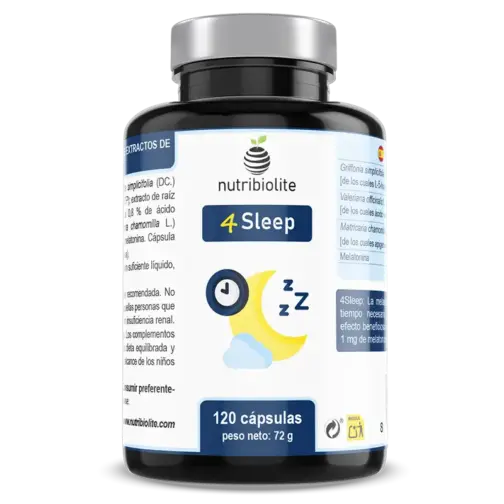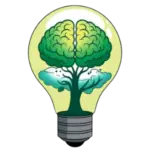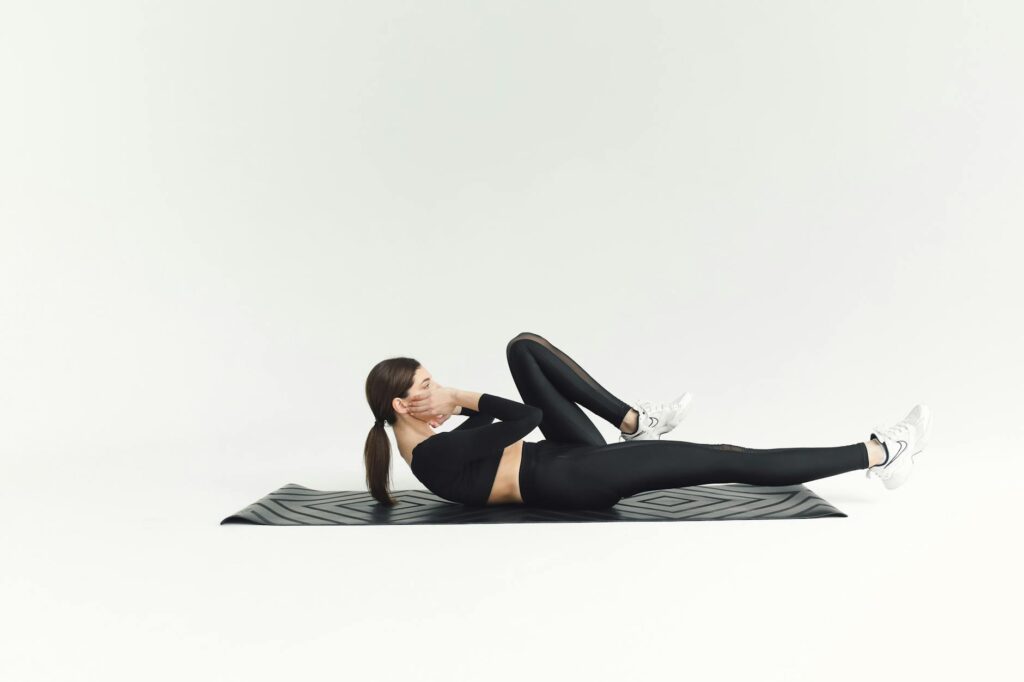A controlled clinical trial in India, published in Clinical oral investigations (2025), explored the effect of gel-applied melatonin on bone regeneration and inflammatory biomarkers. The results, after six months in 20 people with periodontitis, showed that those who received melatonin along with a bone graft experienced greater bone gain and better modulation of biomarkers, according to the study in Clinical oral investigations 2025. Although its target was periodontal, these findings underscore the physiological potential of melatonin as a natural modulator of internal balance.
What does this mean for those seeking better sleep? Melatonin is not just a sleep signal. In adequate doses, it supports restorative processes and synchronises circadian rhythms, key to a restful night and a refreshed awakening. The study reinforces the safety and versatility of this molecule, although it reminds us that the benefit always depends on the dose and personal context.
Melatonin, beyond sleep: orchestrating internal rhythms
Melatonin is much more than a sleep aid. It is the silent director of the wake-sleep cycle, adjusting internal clocks when light falls or our routine changes. Its natural production can decrease with stress, changing shifts or advancing age, making it difficult to initiate a good night’s rest.
At the cellular level, as reflected in the recent Indian clinical trial, it is also involved in repair mechanisms and protection against oxidative and inflammatory damage. This is why so much research is being done in contexts that go beyond classic insomnia: from tissue recovery to general wellbeing.
Physiological doses and consistent routines: the secret is in the balance
Not all melatonin is the same, and not any amount will do. According to European recommendations and study data(see paper), a low dose close to bedtime is usually sufficient to mark the onset of sleep without daytime side effects.
Keeping regular schedules, eating a light dinner and reducing bright lights before bedtime are simple but powerful gestures that help synchronise this natural process. When these habits are not enough, well-formulated external support may make sense.
Holistic approach: how 4Sleep fits into your nightly routine
At times when the internal clock loses rhythm, such as with prolonged stress, long journeys or hormonal changes, external support can help restore the natural balance. 4Sleep, developed by Nutribiolite, follows this physiological logic validated by recent studies and European guidelines.
Its formula combines melatonin (1 mg), recognised for its effectiveness in signalling the onset of sleep; 5-HTP extracted from Griffonia simplicifolia, a direct serotonin-melatonin precursor; plus standardised extracts of valerian and chamomile. These ingredients work together to create an environment conducive to relaxation and deep rest without dependence or residual drowsiness.

Melatonin 1 mg and 5-HTP with relaxing plants.
Frequently asked questions about melatonin sleep and 4Sleep
Why choose a formula like 4Sleep?
Each capsule provides melatonin (1 mg) together with standardised extracts of Griffonia (49 mg of 5-HTP), valerian and chamomile. This supports both the onset and maintenance of physiological sleep without causing a morning hangover.
How is it taken correctly?
Take one capsule about 30 minutes before going to bed with water. Keeping a regular schedule enhances its natural effect on circadian cycles.
What is the difference between taking melatonin alone or whole food formulas?
Melatonin alone marks the onset of sleep but does not address other factors such as relaxation or stability during the night. Formulas such as 4Sleep add phytocompounds that support various phases of natural rest.
Does it cause drowsiness the next day or create dependency?
Not if the recommended dosage (1 mg) is observed. The natural ingredients selected avoid unwanted residual effects or pharmacological habituation.
When does it make sense to use physiological supplements?
It makes sense when there are persistent disturbances due to sustained stress, jet lag or life changes where healthy habits are not enough to restore the internal rhythm.
This content is informative and does not replace the advice of a health professional.
















